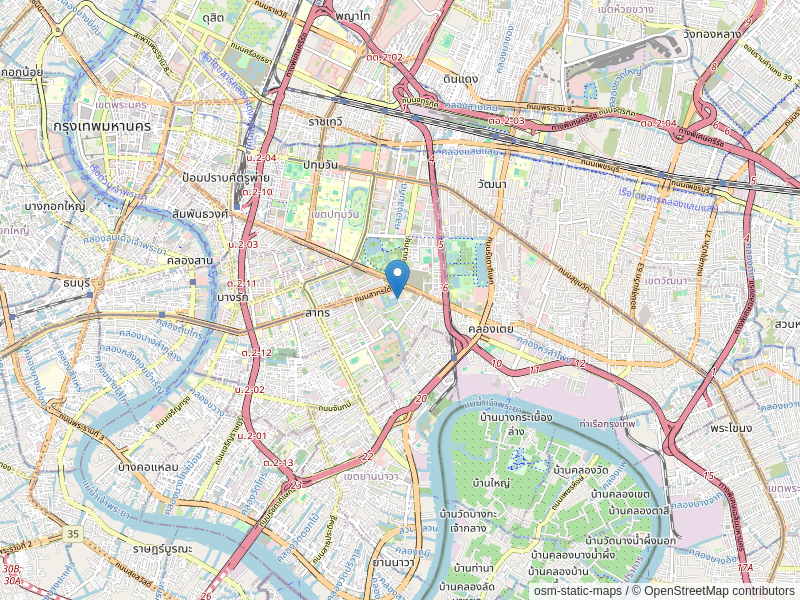Recognition of the International Baccalaureate (IB)
An IB Diploma is recognized for university admission, if it has been obtained after attending at least twelve years of full-time education, and if the following requirements are met:
a) The six examination subjects taken for the IB must conform to IB conditions:
- one foreign language studied uninterruptedly as “Language A: Language and Literature” or “Language A: Literature” or
“Language B HL” - another language on A or B level
- if the student cannot receive lessons in their native language, a “school-supported self-taught course” can be recognised as “Language A: Literature SL”
- a “language ab initio” can be chosen as a sixth subject, this does NOT count as one of the two mandatory languages
- one natural science subject (Biology, Chemistry, Physics)
- Mathematics
- “Mathematics: Analysis and Approaches SL/HL”,
- “Mathematics: Applications and Interpretation SL/HL”
- to study any subject at university from the fields of mathematics, natural sciences or engineering “Mathematics: … HL” is required!
- one social science subject (History, Geography, Economics, Psychology, Philosophy, Social Anthropology, Business and Management, Global Politics)
- The sixth compulsory subject may be one of the above or one of the following subjects recognized by the IB: Visual Arts, Music, Theatre, Film, Literature and Performance, an additional modern foreign language; Latin, Classical Greek, General Chemistry, Applied Chemistry, Environmental Systems and Societies, Computer Science, Design Technology, World Religions, Sports exercise and health science.
b) One of the three subjects to be taken at higher level for the IB, must be Mathematics, Biology, Chemistry or Physics.
c) All subjects must have been taken uninterruptedly for two years of IB.
d) Candidates must earn a minimum IB Grade of 4 on the six compulsory subjects. Maximum ONE grade 3 can be compensated by a grade 5 for another subject at the same level, and an aggregate of 24 points has been attained.
e) German diploma holders, who have attended a school abroad not providing German courses, must supply proof of competence in German before being accepted for higher studies; such details are defined by the regulations in force in the relevant Federal State.
In the event of failure to comply with the conditions referred to in Section 1, recognition of entitlement to university entrance shall be conditional on passing an additional examination in accordance with the “Rahmenordnung für den Hochschulzugang mit ausländischen Bildungsnachweisen, für die Ausbildung an den Studienkollegs und für die Feststellungsprüfung” (Resolution of the Conference of Ministers of Education of 15. April 1994 in its amended form).
Recognition as university entrance qualification could also be obtained by one successful university year in a country whose school-leaving certificates are recognized for direct access to German universities or after one successful university year.
Only the German original is legally binding: https://goo.gl/NeCB2o
More information in English: http://www.ibo.org
Last remark: German nationality does not give any privileges in this process, even native speakers will be asked to provide proof of language proficiency. We suggest taking the TestDaF in due time.










